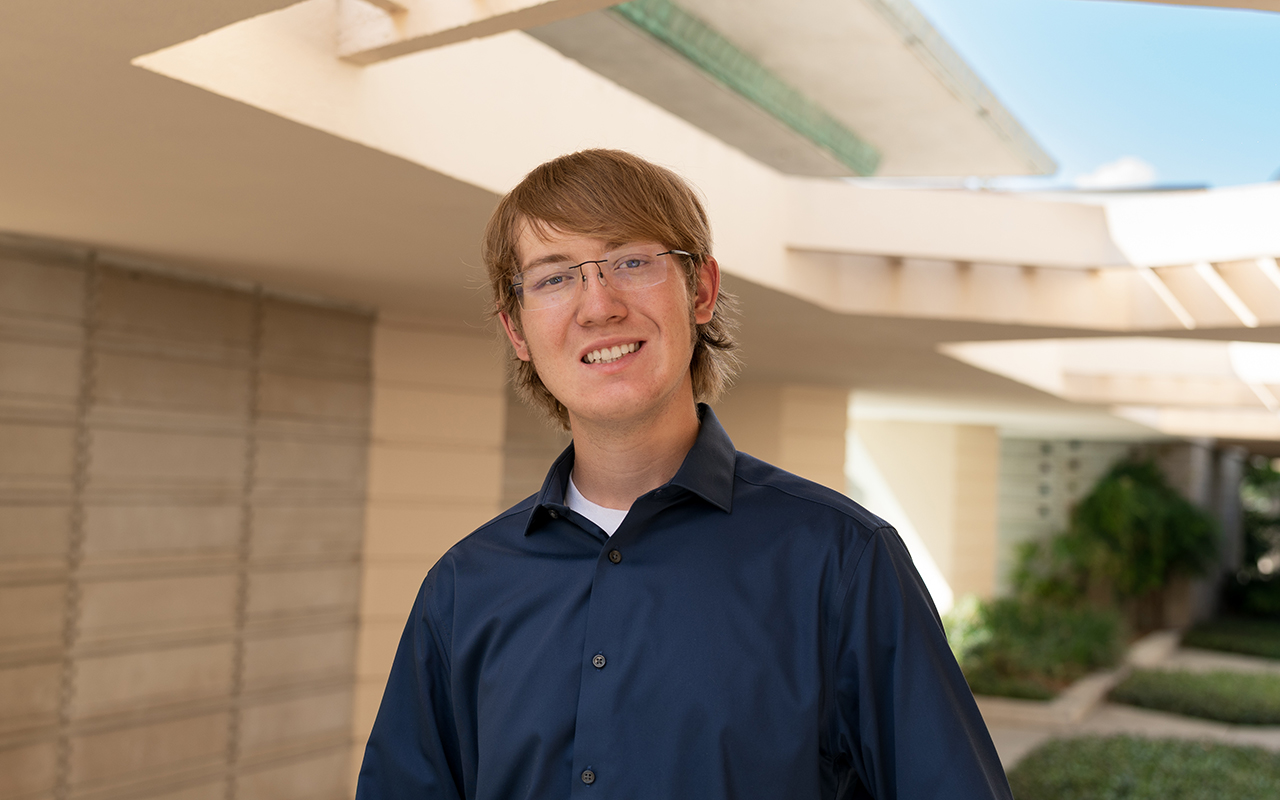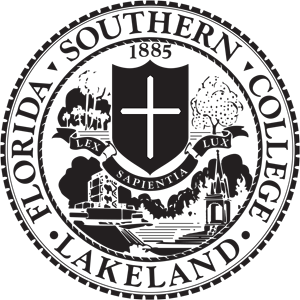
Florida Southern College Secures First Exploratory NASA License Through T2U Program
Jun 25, 2025

Florida Southern College (FSC) has achieved a significant milestone by securing its first exploratory license through the NASA Technology Transfer University (T2U) program. NASA's T2U program connects colleges and universities with NASA-developed technology to give students the opportunity to work with federal government research and technology. Working through the Center for Free Enterprise & Entrepreneurship's (CFEE) Seed-to-Scale Program, the goal is to commercialize this technology. The Seed-to-Scale Program is Florida Southern College's business incubation process that allows students to turn their ideas into startup companies.
This accomplishment results from a student-led research initiative by Nathan Leigh, a rising sophomore at Florida Southern majoring in Horticulture, Land, and Resource Management. Leigh is now working with NASA-developed environmental remediation technology, adapted for potential commercial use.
"What shocked me the most was when I picked up the phone, and it was a call from a NASA lab. I was really excited to learn I’d finally been approved for the license," Leigh said. "I’m glad Florida Southern College could connect me to NASA at all, and more so for technology that can make a positive impact. I hope to see other students take advantage of the tech transfer program as well."
Leigh is conducting research on functionalizing biological substrates with bioengineered peptides to bind targeted molecules. His focus lies in adapting NASA-developed peptide-binding technology for waste remediation and environmental clean-up applications. This involves enhancing biological substrates, such as fungal mycelium, with engineered peptides that can selectively bind to pollutants or hazardous substances, aiding in their removal from contaminated environments.
"We’re looking to prove the full effectiveness of this technology and analyze exactly which contaminants we can filter out; our main concern is the effectiveness against PFAS, also called forever chemicals," Leigh said. "These are a relatively new priority among scientists so no fully effective treatment options have been developed. The technology uses the specific peptide from mycelium–essentially the root structure of mushrooms–as a medium to filter out highly toxic chemicals from e-waste and fuel that may escape conventional filtration methods, or require costly and inconvenient processes to remove."
Originally developed for use in space missions, this NASA technology is now being assessed for its terrestrial potential. Leigh’s work represents the beginning stages of this adaptation, with an emphasis on conducting a feasibility study to evaluate real-world application possibilities. His project will explore potential uses across sectors such as agriculture, water purification, and industrial waste treatment.
Leigh’s research is particularly notable given his academic standing as a first-year undergraduate. His early involvement in a federally supported innovation project underscores Florida Southern College’s dedication to empowering students with hands-on research experiences from the outset of their academic careers. It also demonstrates the effectiveness of programs like T2U in stimulating early interest in STEM-focused entrepreneurship.
This exploratory license is the first of its kind for Florida Southern, and it sets a strong precedent for future collaborations between FSC students and federal research entities. As more students engage with the T2U program and benefit from internal support systems like Seed-to- Scale, Florida Southern is expected to expand its role in developing technologies that address critical challenges in sustainability and environmental management.
Leigh’s feasibility study will serve as a foundation for future research, development, and potential commercialization efforts. His findings could inform broader initiatives aimed at reducing environmental contamination through biotechnological solutions.
Leigh added, "I’ve grown mushrooms for food and understand how many different uses there can be for mycelium. I hope to prove exactly what can be filtered with the tech and then commercially filter landfill leachate contaminated with heavy metals and PFAS."
This partnership between NASA, Florida Southern College, and a motivated undergraduate researcher exemplifies the power of cross-sector collaboration in advancing innovative solutions. It also highlights the impact of giving students early access to transformative technologies and meaningful research opportunities.
Nathan Leigh’s work is a promising example of what can be achieved when academic curiosity meets practical application, supported by institutional and governmental infrastructure. This project not only advances Florida Southern College’s research capabilities but also represents an inspiring model for student engagement in the global effort to develop sustainable environmental solutions.